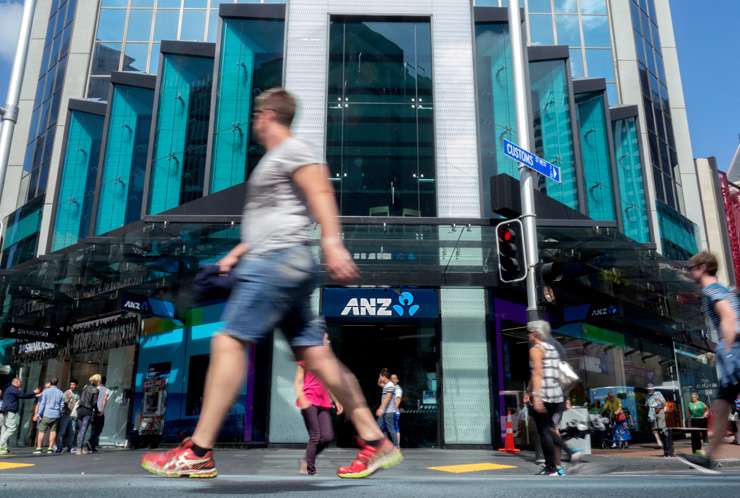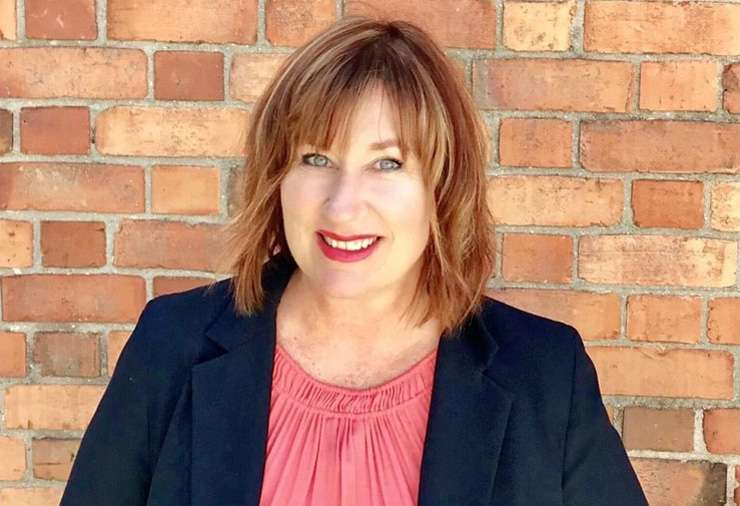Kāinga Ora has rejected 20 applications for first-home buyers wanting to buy a house with a low deposit despite the application already being vetted by an approved lender.
Between January 2021 and March 2022, Kāinga Ora declined 20 of the 2696 First Home Loan applications sent for their approval from lenders. The loans were turned down because they didn’t meet all the eligibility criteria.
The First Home Loan is aimed at helping people who don’t have a big enough deposit, but can afford the repayments. Those approved are able to buy with just a 5% deposit.
Lenders involved in the scheme approve first-home buyers who they believe meet their own credit criteria as well as Kāinga Ora’s before forwarding the application onto Kainga Ora for sign-off.
Start your property search
Kāinga Ora then underwrites the loan to allow the lender to provide a loan that would otherwise sit outside their standard lending requirements, which usually require a 20% deposit.
Kāinga Ora homes and communities manager of home ownership products Jason Lovell said while the majority of applications are approved, there are still a few instances where Kāinga Ora declines an application because a part of the criteria hasn’t been met.
Kāinga Ora has declined applications for a First Home Loan when registered valuations identify a maintenance issue with the property that would cost more than $10,000 to fix.
Applicants who also want to retain more of their savings instead of putting as much as possible towards their deposit could also see themselves missing out on a First Home Loan.
Just how much is “too much” is assessed on a case-by-case basis, but most of the savings should going on purchasing the house with a reasonable amount withheld to cover any costs such as moving, legal fees or furniture requirements, Lovell said.
“If an application is declined, the applicant has an opportunity to reapply when the eligibility criteria has been met.”
Lovell defended having an “unambiguous policy” because it allowed lenders to be able to provide greater certainty to applicants.
EasyStreet Mortgages adviser Gareth Veale said rejections would prevent applicants from buying a home. “Kāinga Ora’s scheme for some people is the only opportunity they have to buy a house because of deposit restraints put on the banks by the Reserve Bank. Essentially a lot of the banks, especially ANZ, are only reserving their low-deposit funding to people with a significant income and ordinary first-home buyers are left out.”
Veale wants Kāinga Ora to exercise a little bit more discretion around things that make sense such as when an applicant has not been in their current position for the required timeframe, but has a good employment record.

First Home Loan applicants’ eligibility is first tested by their lender. Photo / Steven McNicholl
He had a client’s application declined because the person had changed careers from engineering to become a paramedic, but had not been in the role for more than 12 months to meet Kainga Ora’s eligibility criteria.
Veale said this went beyond what banks usually required as they were often satisfied with a PAYE income on a permanent contract and a previous employment record.
Another client missed out on a First Home Loan because he had inherited a classic car with significant sentimental value. Kāinga Ora didn’t accept it was something he could keep and he was required to sell it and put the proceeds towards the deposit. “Because of the rigid criteria only a few are getting through, but there are plenty of good applicants that can’t have access to this loan because of the rigid criteria,” he said.
Lovell said, however: “It is important that First Home Loan applicants can demonstrate a sustainable income, to ensure that they can continue to repay the loan. To ensure this, applicants need to be in their current role for at least two years. Alternatively, if an applicant has been employed in a new role for 12 months or more, their application will be considered provided they have moved to a role using similar skills. This indicates that their income is more likely to be ongoing and their financial position is less likely to change.”
In May, the Government removed house price caps in the First Home Loan scheme to provide eligible applicants with a bigger selection of properties from which to choose.
At the time of the announcement, Lovell said it supported Kāinga Ora to continue helping more whānau into their first home.
But First Home Buyers Club director Lesley Harris said while the house price caps had been removed, the First Home Loan income caps remained, and buying a house in either Auckland or Wellington often required a bigger income than the cap allowed.
A loan of $600,000 required a combined income of at least $150,000 – above the income cap. “I just really wish they would just get rid of the caps,” Harris said.
Mortgage broker Stuart Wills, who runs the Kiwi First Home Buyers Facebook group, said those who had been declined for a First Home Loan often didn’t often know if their application was rejected by the bank or Kāinga Ora as the correspondence usually came via the lender.

First Home Buyers Club director Lesley Harris: “I just really wish they would just get rid of the caps.” Photo / Supplied
He also found that applications are often declined around what he calls “grey areas”, such as if the person hasn’t been in their job for 12 months but was in a similar role or whether their income fell within the cap. The income is taken from what a person earns over the past 12 months so if their income changes then the person’s eligibility for the First Home Loan may also change.
He had also convinced people who had savings to include that in their deposit so that they would meet the criteria.
“It’s a bit pedantic some of that because if you help yourself too much, sometimes you don’t qualify.”
Wills said they have only recently been making applications for clients using the First Home Loan product because the previous house price cap didn’t really allow for it in Auckland.
“We would do a few down in Invercargill with clients or Hastings or somewhere like that, but in Auckland – I think in about two years – we did one or two of them.”
Not all banks offer First Home Loans so Wills said people should shop around and not be put off if their current bank is not involved in the scheme. The eight lenders involved in the First Home Loan scheme include Westpac, KiwiBank, SBS Bank, The Cooperative Bank and Unity.




















































































